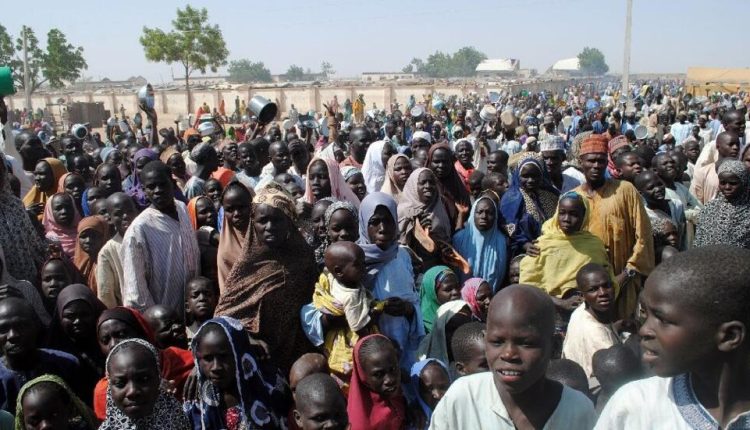BREAKING: FG commences safe return of 15,000 stranded Nigerians in Cameroon, Chad and Niger

The Federal Government has announced ongoing efforts to facilitate the safe and dignified return of over 15,000 Nigerians stranded in Cameroon, Niger, Chad, and other countries around the world.
This was disclosed by Tijani Ahmed, Federal Commissioner of the National Commission for Refugees, Migrants and Internally Displaced Persons (NCFRMI), during a media briefing on Friday in Abuja.
According to Ahmed, the commission is working to support not only displaced Nigerians but also refugees residing in Nigeria.
He revealed that over six million people are currently displaced within the country, while thousands of Nigerian refugees remain abroad.
His words: “We have 15,000 Nigerians who want to return to the country voluntarily, and we also have not less than 100,000 foreigners living in this country as refugees.
“All these are the responsibilities of the commission, to give them support.”
Ahmed commended President Bola Tinubu for his administration’s continued support of the commission’s humanitarian and migration efforts.
In a significant development, Ahmed also announced that Nigeria will host its first thematic meeting as chair of the Rabat Process, an international platform for dialogue on migration and development involving African and European countries.
The meeting, scheduled for May 13 and 14, will welcome more than 100 delegates from 57 partner countries and will focus on the theme, “Youth, Innovation and Education: Driving the Future of Migration.”
Nigeria assumed the chairmanship of the Rabat Process in January 2025.
Ahmed noted that the position allows Nigeria to play a pivotal role in shaping migration policies across the region.
He said: “Membership in these platforms provides opportunities for knowledge transfer and better migration management.
“Nigeria’s leadership in the Rabat Process is seen as an advantage, despite it being a one-year term.”
Highlighting challenges facing migration governance, Ahmed stressed the importance of advocacy and education, especially for youth, on the dangers of irregular migration and the benefits of pursuing legal pathways.
“There is a need to educate migrants about the consequences of irregular migration, including negative outcomes.
“The focus should be on advocating for legal migration pathways to reduce the number of irregular migrants,” he said.
The commissioner called for greater collaboration among stakeholders—including government agencies, civil society, and the media—to improve migration governance and ensure sustainable solutions for displaced populations.
